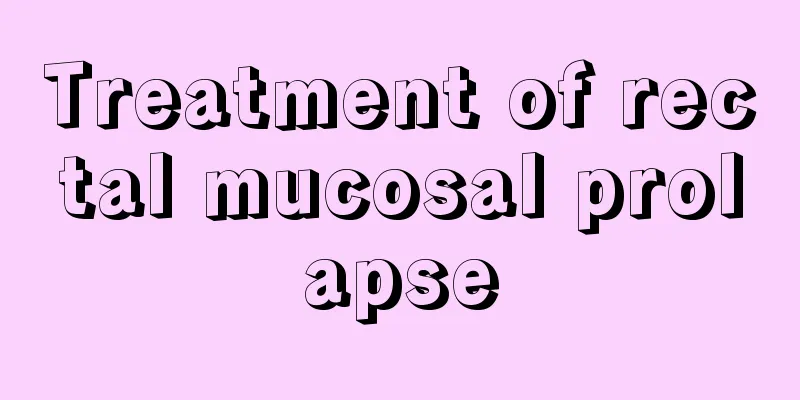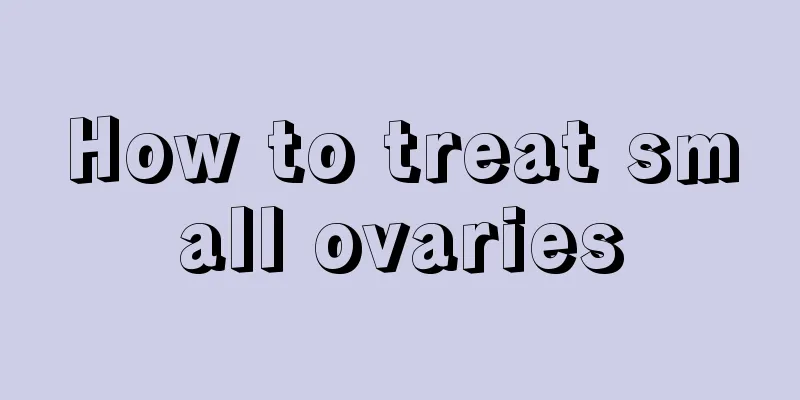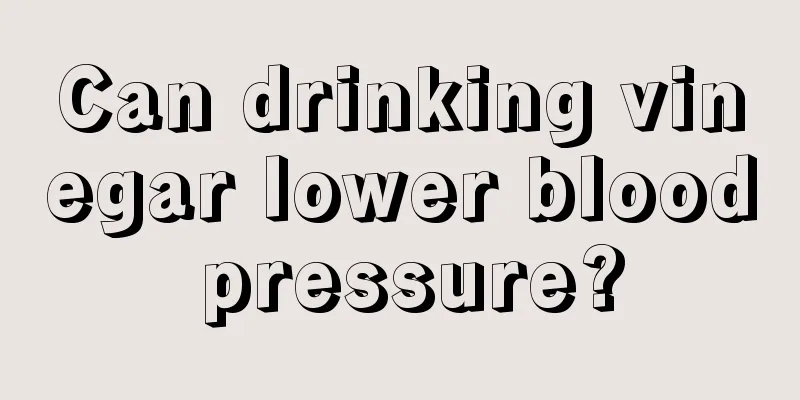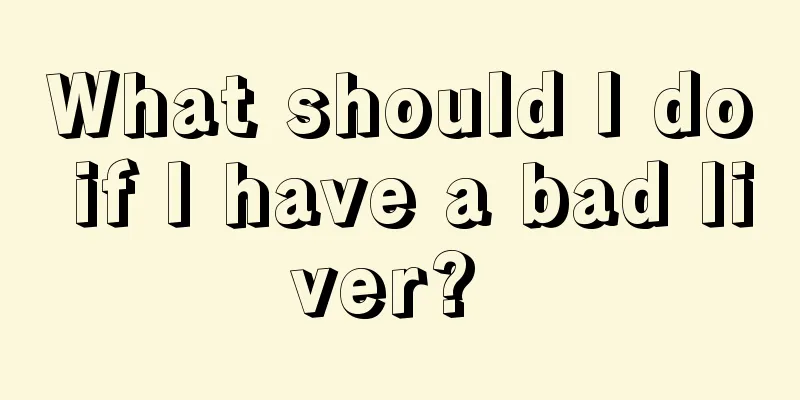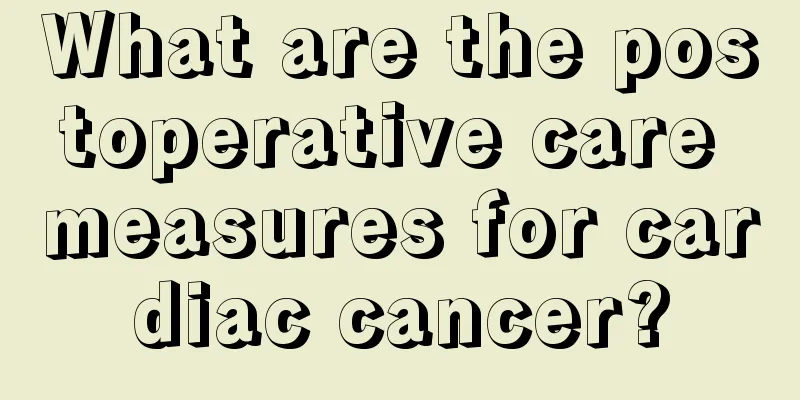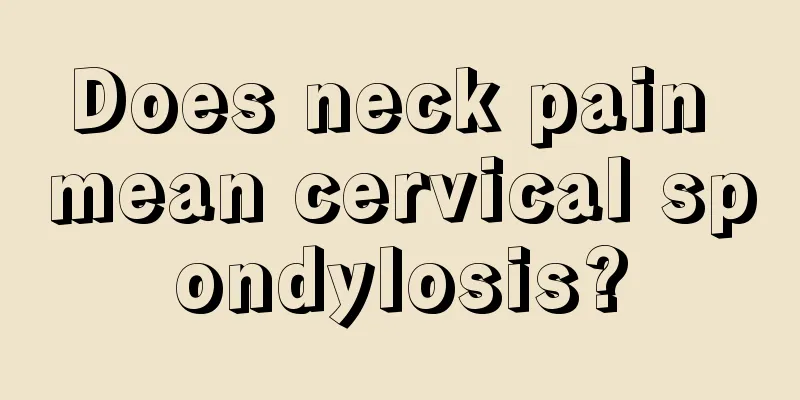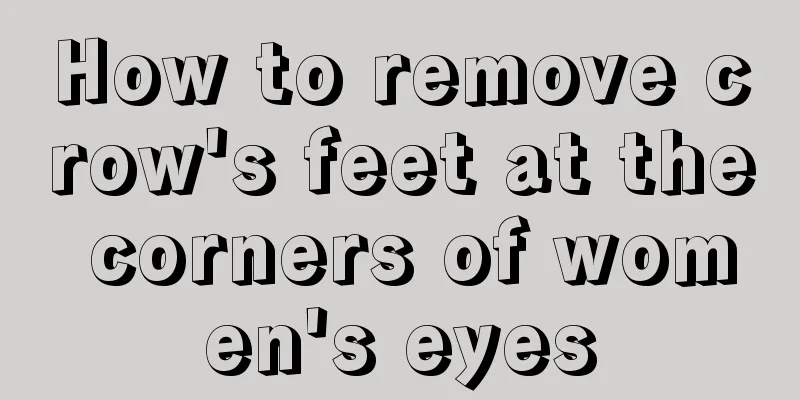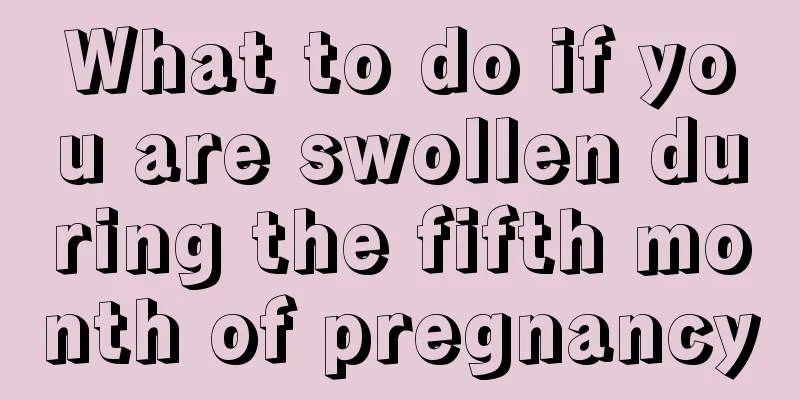The dangers of taking medicine on an empty stomach
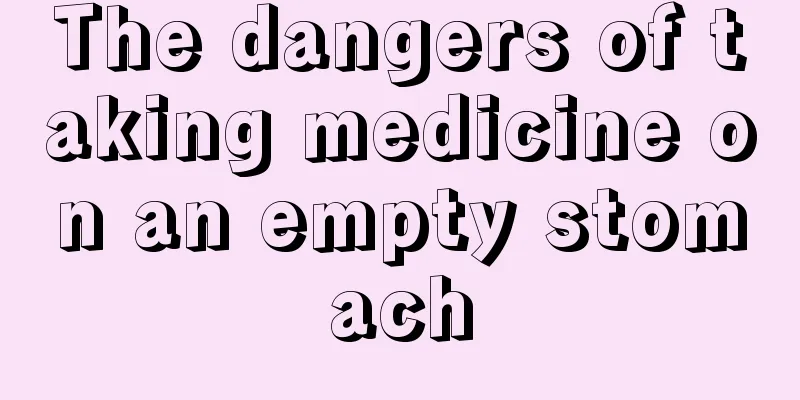
|
In daily life, we often get some minor illnesses, such as colds, fever, diarrhea, etc. These minor illnesses generally do not require treatment in the hospital. People can alleviate the symptoms through medication. There are certain rules for taking medicine at this time. Some medicines can be taken on an empty stomach, and some medicines must be taken after meals. We can take them according to the instructions. Taking medicines on an empty stomach may cause stomach pain, nausea, etc. 1. Fasting refers to the period from 2 hours after the last meal to 1 hour before the next meal. Generally, taking medicine before meals refers to taking medicine on an empty stomach, and taking medicine after meals refers to taking medicine with meals or within 1 hour after meals, that is, there must be food in the stomach. 2. The time to take medicine is related to the type of medicine. Some antiemetics, some triglyceride-lowering drugs, or anti-gastrointestinal spasmodics will specify an exact time to take medicine, usually 30 minutes before meals. Some medicines must be taken with food to work, and some medicines should be taken 1 hour after meals for the most lasting effect. For example: using common antacids (stomach medicines). Of course, this also depends on the patient's tolerance. Most antibiotics should be taken before meals, but some patients have severe gastrointestinal reactions and feel obvious nausea or stomach pain, so they can only change to taking them with or after meals. 3. Different medication times are available for different diseases. For insomnia, medication should usually be taken half an hour before bedtime to ensure that it works in time. For antihypertensive medication taken once a day, it is best to take it in the afternoon near dusk, because that is when blood pressure is highest. Secondly, you should strictly follow the instructions or doctor's orders. You should take it orally if necessary, and chew it if necessary. Don't think that this is an unimportant matter. Except for some medications that are taken orally, you must drink water when taking medication. Taking medication without drinking water is very harmful. At the very least, it will affect absorption and reduce the efficacy of the medication. At the worst, it will irritate the esophagus and cause surface ulcers, and even aggravate liver and kidney damage, with disastrous consequences. The specific situation and the type of medication to be taken can determine the answer. |
<<: Eating mango on an empty stomach causes stomach pain
>>: What to do if the red mark on the scar on my face falls off
Recommend
Tumor experts analyze the common causes of gallbladder cancer
The incidence of gallbladder cancer has always be...
How long does it take for Oryzanol to take effect?
People who often suffer from insomnia must be ver...
Is sea water bathing good for the skin?
Seawater is different from the water we usually s...
The main cause of melanoma
Melanoma is a very common disease in life, but mo...
Does bad breath require a gastroscopy?
Bad breath is usually caused by not paying attent...
Wisdom teeth decayed
In the first twenty years or so of life, people g...
What meridians are there on the inner thigh
Many women are troubled by their thick thighs, bu...
What to do if you feel dizzy the next day after drinking
Many people cannot hold their alcohol tolerance b...
The 9 most unpopular ancient towns worth visiting in China
When visiting an ancient town, what one wants to ...
How much does chemotherapy for rectal cancer cost?
Let's first learn about rectal cancer, which ...
Sequelae of splenectomy
The spleen is an important organ in the human bod...
Prevention and treatment strategies for six common computer diseases
Computers have become a necessity in life, work, ...
Traditional Chinese medicine prescriptions that can treat esophageal cancer
Traditional Chinese medicine classifies esophagea...
What to do if blisters appear after freezing of flat warts? This method is actually suitable for these patients
Flat warts are a common and highly contagious ski...
How to make soy milk in a rice cooker
Many people understand that soy milk is made with...
